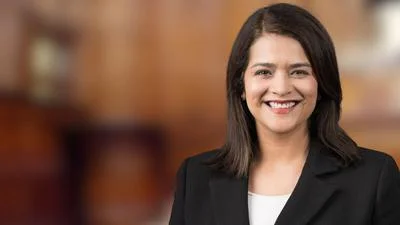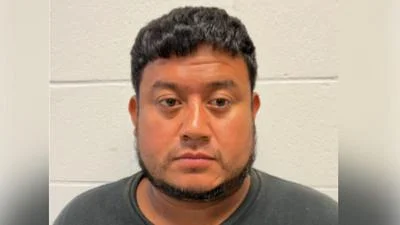Julie Hernandez-Tomlin Commissioner | Chicago City website
Julie Hernandez-Tomlin Commissioner | Chicago City website
The City of Chicago recently hosted its first Lakeside Chat, an event designed to provide residents with a detailed overview of the 2025 Budget. Mayor Brandon Johnson and Budget Director Annette Guzman led the discussion, emphasizing the city's dedication to transparency and community involvement in the budget process.
"From day one, we have been committed to ensuring that community voices are heard and reflected at every level of my administration—including on the 5th floor. Through this engagement process, we are proud to deliver a budget that truly represents the priorities and needs of Chicagoans,” said Mayor Brandon Johnson. “This is an opportunity for Chicagoans to hear directly from City leadership about our fiscal plans and how the budget reflects the community’s feedback."
The event took place on February 4, 2025, at Harold Washington Library's Cindy Pritzker Auditorium. It featured limited in-person attendance alongside a live-streaming option to ensure accessibility for all residents. Participants were encouraged to submit questions during registration, promoting a collaborative dialogue between city officials and residents.
"I'm excited to share highlights from the 2025 budget and how we are working to strengthen neighborhoods, continue delivering key City services, and create meaningful opportunities for all Chicagoans,” said Budget Director Annette Guzman. "This inaugural event marks an important shift back to engaging directly with residents and emphasizing the critical role of our budget engagement process in shaping a brighter future for Chicago."
The 2025 Budget outlines several community priorities with specific investments aimed at addressing various issues within the city:
- Homeless Services: $40 million for city shelter networks adding 3,800 beds; $28.8 million for rapid rehousing programs assisting 1,000 households.
- Broadband Access: $23 million dedicated to expanding access in underserved communities.
- Affordable Housing: Between $115-135 million allocated as a multi-year investment to increase affordable rental options and homeownership opportunities.
- Violence Prevention: Over $100 million invested in expanding 23 programs.
- Alternative Emergency Response: $1.5 million focused on program expansion and revising emergency protocols.
- Public Health: $13.2 million for expanding family, maternal, and mental health services.
- Youth Employment: $50 million aimed at creating 29,000 jobs.
- Neighborhood Revitalization: $84 million directed towards investing in historically disinvested areas.
- Cultural Grants: $9.6 million intended to fund organizations and individual artists.
Residents can review further details of these initiatives by accessing resources available on the city's website.






 Alerts Sign-up
Alerts Sign-up